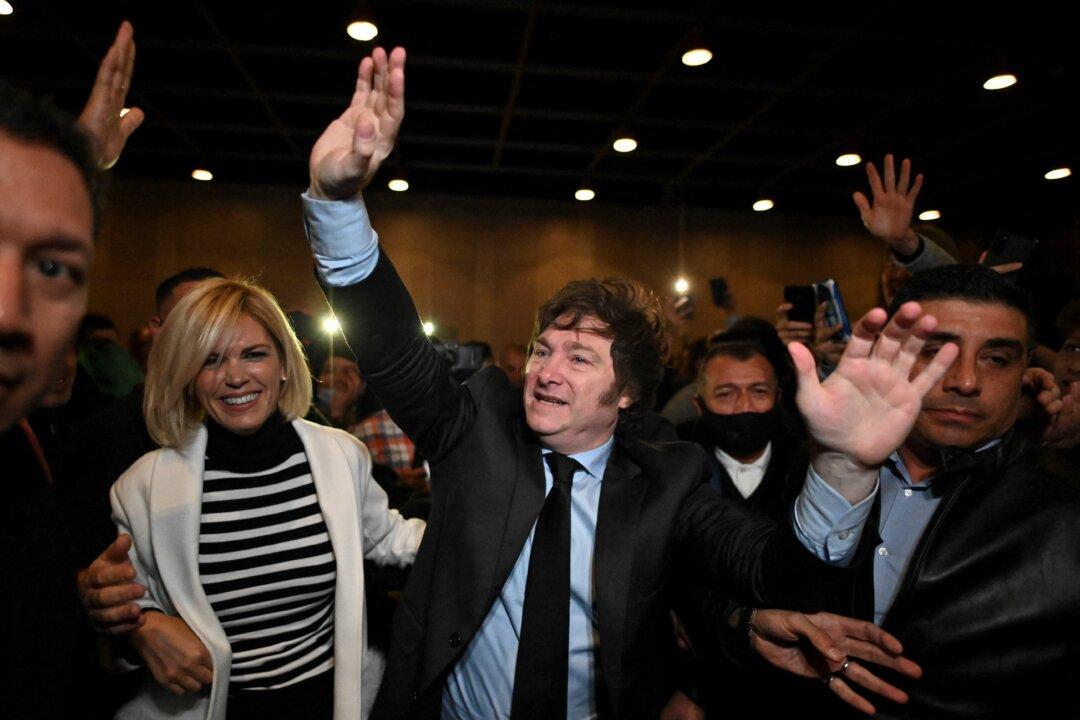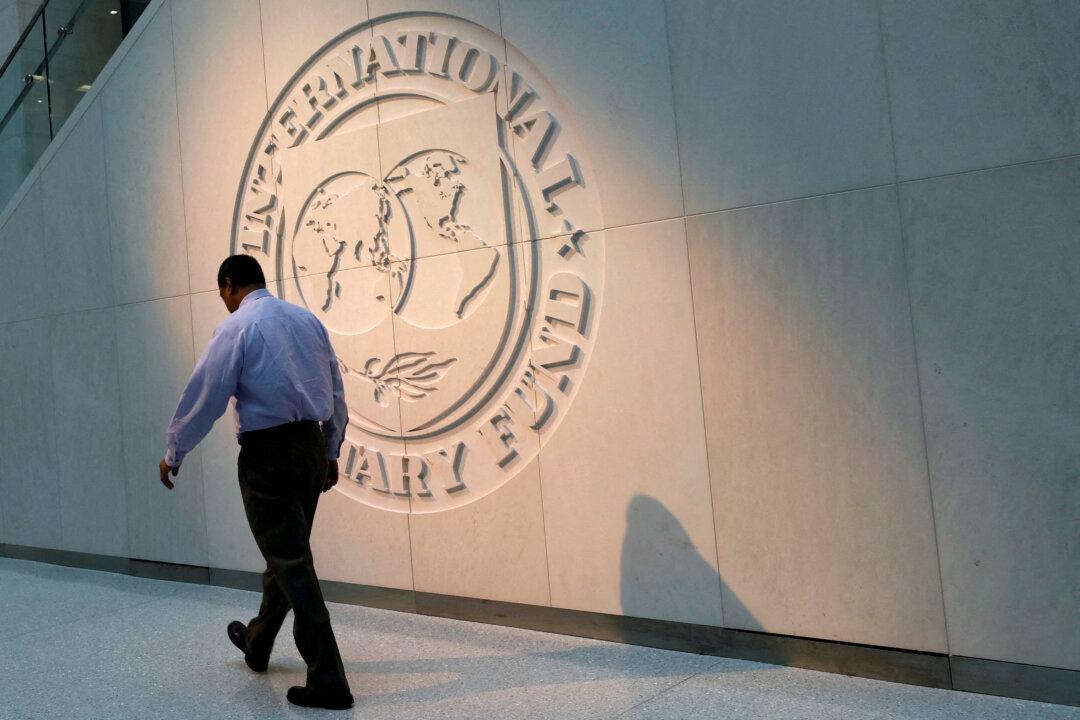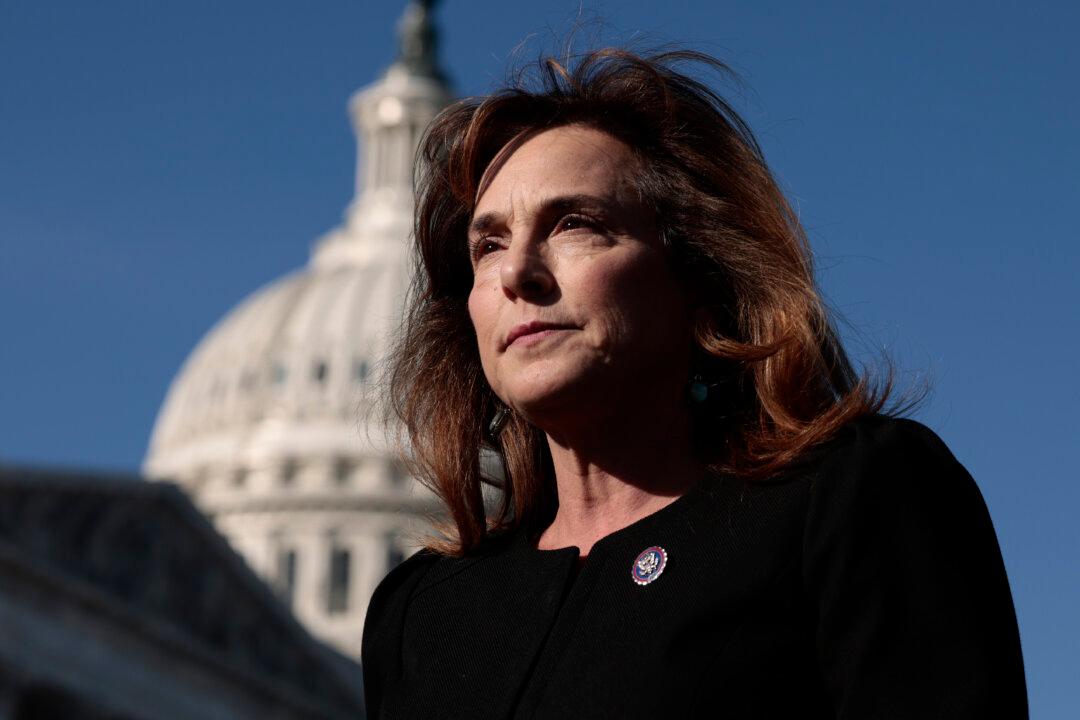Argentina is gearing up for a highly anticipated election in October, and with the country facing economic turmoil, voters are looking for a change. With an annual inflation rate of 109 percent, a rapidly depreciating black-market peso, and a severe drought affecting a large part of the country, the electorate has undergone a dramatic shift.
Enter Javier Milei, a libertarian economist and congressman whose policies are striking a chord among voters facing economic chaos. At 52 years old, Milei is currently leading in some polls as the most popular individual politician, particularly among men younger than 30.




